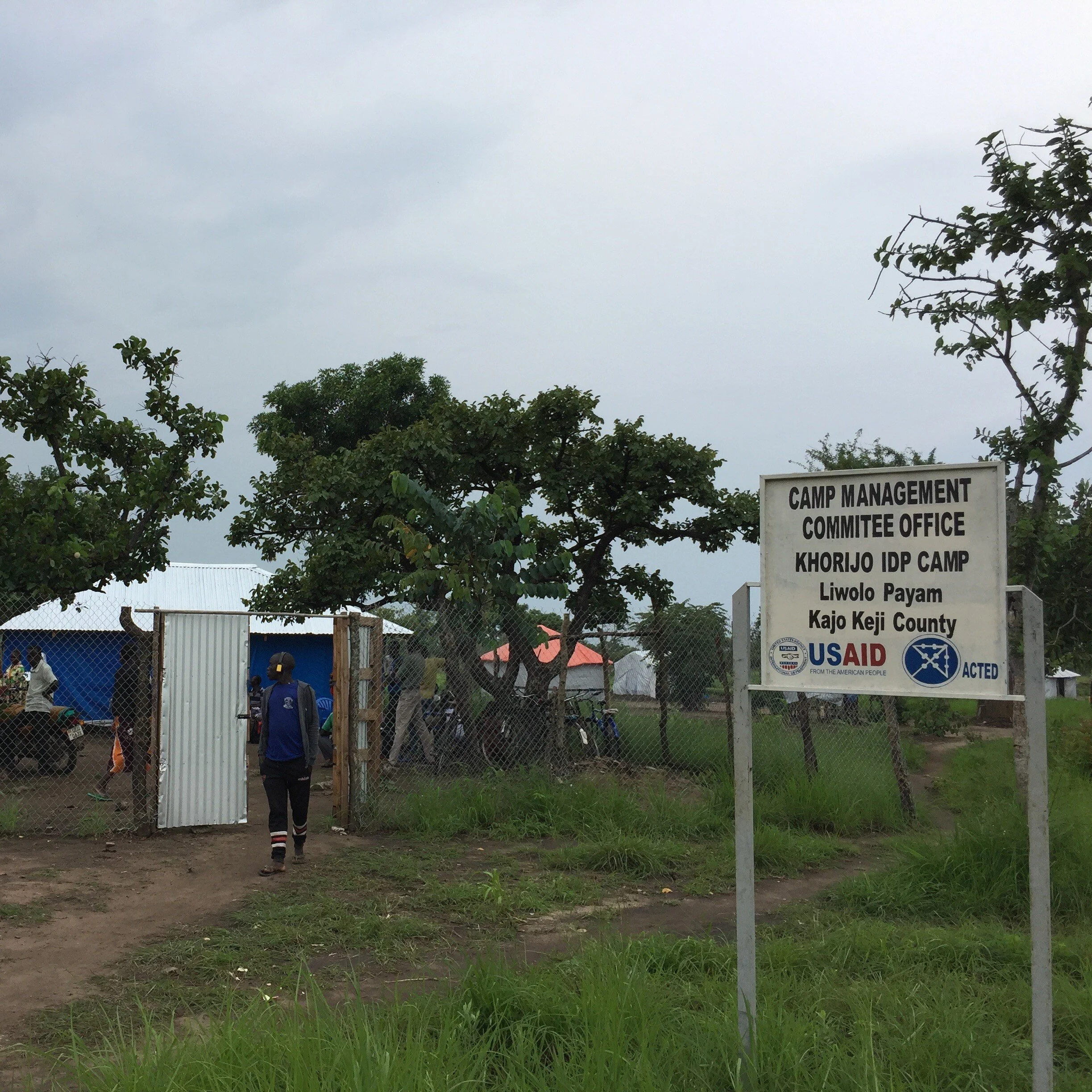Negotiating Institutional Pluralism
This is a case study preview. To access the full case study and teaching materials, navigate to the case library and enter your password. If you need a password, please contact us.
Summary
This case focuses on land use and property rights in the context of institutional pluralism - places where Western-based government and planning institutions operate alongside customary, or traditional forms of governance. It situates itself in Kumasi, Ghana which has a city government authority from its post-colonial democratic state, as well as a deeply embedded, pre-colonial chieftaincy system that holds immense power and respect in the region. The case highlights the possible maneuvers and negotiated pathways that an individual might have to take to own land and build property in the city successfully. It also highlights alternative conceptions of property and the value of social capital and kinship in places that have non-Western value systems.
Learning Objectives
Identify alternative forms of land ownership and property that are prevalent around the world.
Consider the implications of institutional pluralism and the complexities of planning in societies where resources are owned and/or managed by parallel actors.
Examine the various ways that actors negotiate the concept of ‘property,’ ‘land-use’ and ‘legality’ in situations that involve a mix of customary and Western land rights models.
Recognize the differences between establishing legal ownership and leasing land.
Consider the implications of embedded corruption (and different societal attitudes towards “corruption”) and shifting legality while negotiating land-ownership.
Case Materials
Instructor Version
Student Version
PowerPoint Presentation
Suggested Readings
Fennell, L. A. (2011). Ostrom’s Law: Property rights in the commons. International Journal of the Commons, 5(1), 9–27. (15). Download the full paper
Aikins, K. (2012). Institutionalizing effective local government in Ghana: Challenges from informal customary practices. Accra: Ghana Universities Press. Order the book
Ostrom, Elinor. (1990). Governing the Commons: The Evolution of Institutions for Collective Action. Cambridge: Cambridge University Press. Read pages 88-102, from “Analyzing Long Enduring CPRs.” Download the book
Cobbinah, P. B. (2017). Managing cities and resolving conflicts: Local people’s attitudes towards urban planning in Kumasi, Ghana. Land Use Policy,68: 222-231. Download the full paper
Siiba, A., Adams, E. and P. Cobbinah. 2018. Chieftaincy and sustainable urban land use planning in Yendi, Ghana: Towards congruence. Cities, 73: 96-105. Read the abstract
Hosaena Ghebru and Isabel Lambrecht. (2017). Drivers of Perceived Land Tenure (in)security: Empirical Evidence from Ghana, Land Use Policy, 66:293). Read the abstract
Access this case
To download these case materials, including the instructor version, student version, and PowerPoint presentation, request access at the link below:

